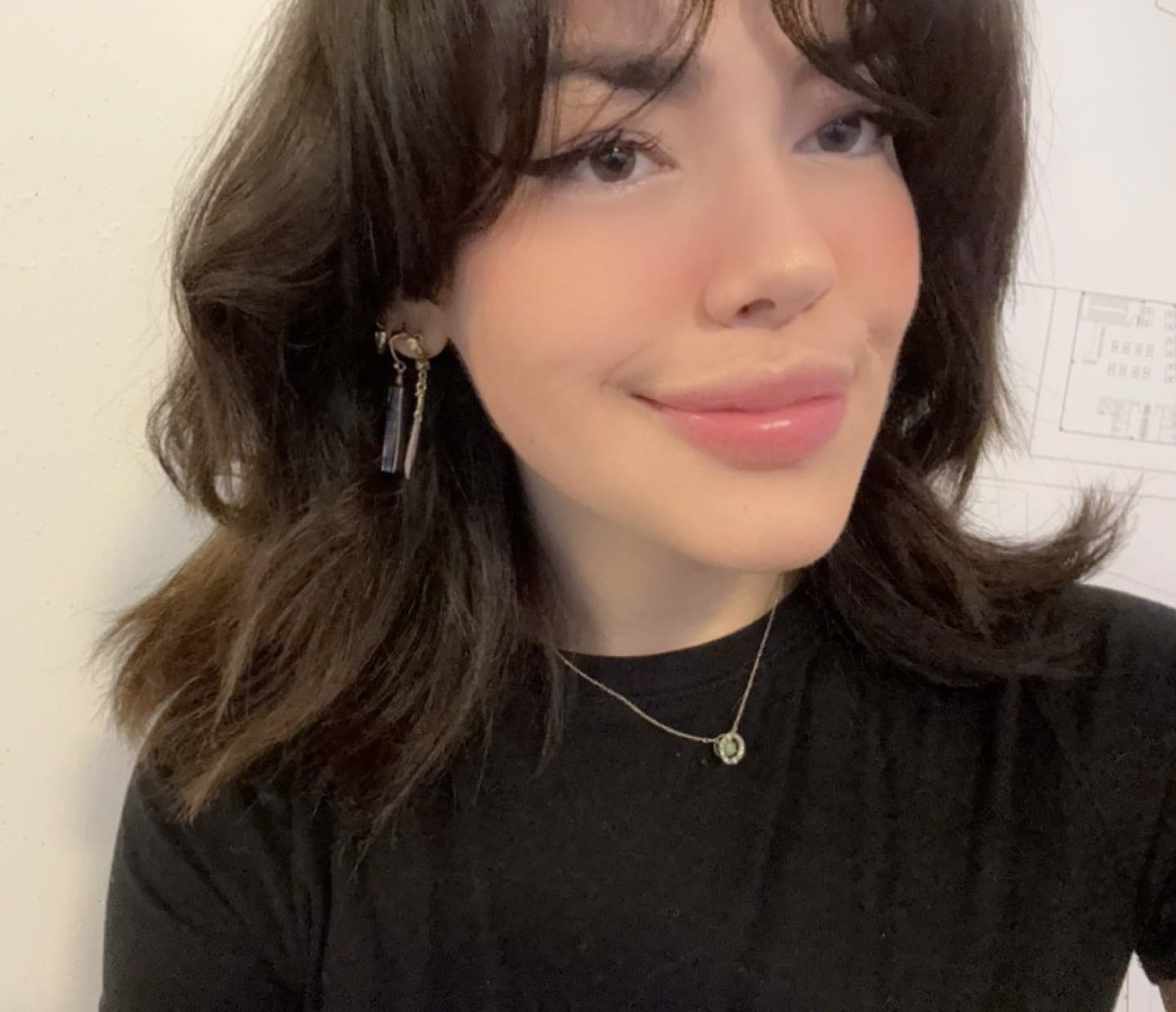“‘It's a Journey’: A Review of Lynne Thompson's ‘Blue on a Blue Palette’” by Nour Fayek
Lynne Thompson is a poet that is a Laureate Fellow of the Academy of American Poets and the fourth Poet Laureate for the City of Los Angeles. She has published three previous collections of poetry, Beg No Pardon, Fretwork, which won the 2019 Marsh Hawk Poetry Prize, and Start with a Small Guitar. She also facilitates private workshops for poets through such venues as Beyond Baroque, Poetry By the Sea Conference, Moorpark College Writers Festival, and Central Coast Writers' Conference. One of several publications with MORIA has been “Anniversary” in Issue Five, in which she describes the broken relationship between two people and explores the life of what it could have been and what it is now. Her most recent collection is Blue on a Blue Palette (BOA Editions, 2024), which explores the experiences of women through history, race, culture, life, and society. She brings her own personal experiences into her poetry to showcase the connection between herself and women in general, interpreting these livelihoods through various shades of blue: “Say history. Claim. Say wild.”
Each poem is a journey into the heart of blue, where readers are invited to dive into the depths of the words. Thompson presents the blue of the ocean because its depths are curious and unknown to us: "The ocean's embrace soothes weary souls" and "Moonlight weaves its silver threads." She captures the essence of blue in all its complexity and beauty. Reading Thompson’s new book was an honor, especially before its official date of publication, to really grasp this poet as one who attempts to unravel truth with no attached fear.
Thompson successfully embraces various shades of blue and connects them to themes of nature, emotion, and spirituality with effortless grace. She admits that there is more to blue than she knows, but Blue on a Blue Palette symbolizes the color as a form of art in itself. Thompson’s exploration of blue is a metaphor for women’s connections because, no matter how different women are, they share a larger social experience: “Like my mother and her grandmother before her, we women soar while planes only fly patterns / there is something, there is nothing. It’s a journey.”
In these poems, Thompson unveils the nuances of what society turns a blind eye to. The reality of what we don’t want to believe is unfolding in shades of blue. Her precision in choosing words carefully builds a symphony of language that is both captivating and profound. The poetry is not the only thing sinking itself within our hearts—the cover of the book is also intriguingly interesting because there is an embodiment of yellow, which perhaps suggests joy. Through the blues of life, there is always something to look forward to.
The poem I enjoyed the most was “The Ways of Remembering Women.” It embodies the catastrophic story of the Black Dahlia (a.k.a. Elizabeth Short) and its tragedy of murder at the hands of men. Elizabeth Short was a woman who arrived in Hollywood, like so many others, with a dream and, in the blink of an eye, it was taken away. Although graphic descriptions appear in the poem, they are accurate and necessary in a poem of such brutality. This is by far the darkest blue that I felt when reading through the collection because it is sorrowful and hard to take in. I have heard and seen documentaries about the Black Dahlia, but a poetic rendering hit harder than I would have imagined it could: “You may not be aware: there is no such dahlia and yet, lovers of crime focus on the dark of it.” Blue includes many hues, from sky blue to the depth of an indigo sea, and each one is reflected in the subject matter of Thompson’s poetry.
For instance, she grapples with the history of slavery in her work. It felt somehow wrong to enjoy the words I was reading on the pages, given the material. I wasn’t able to comprehend emotionally that such events could be written about with a formal beauty until I came to the poem, “A Rage on Berbice, 1763,” and the line, “I was silver and gold and a bounty paid to soldiers,” which was captivatingly heartbreaking and hit me with a deep blue truth. The words were alluring and also the essence of the true horrors of the history of people of color.
Looking at Thompson’s work and her explorations of creativity, I understand that we, as women, are not alone. She writes poetry about what is important to reveal and see, even if it is raw. I really feel that the world is full of color. The shades of one color can suggest the intensity of variation as a sort of collective within a single body of color. Blue on a Blue Palette is a poetry book that I would read again and reference as I move forward in life, especially as an ethnic woman with a middle-eastern background.
NOUR FAYEK
Nour Fayek is a submission editor for MORIA’s Issue 13 and an architecture student at Woodbury University. She is a middle-eastern woman born in Los Angeles, who lived in Dubai for 10 years. She finds passion in art, photography, and explorations of the ocean. She loves to travel and will continue to do so. She looks forward to hopefully owning her own architecture firm one day, with the intent to improve living and create new spaces for societal uses.

